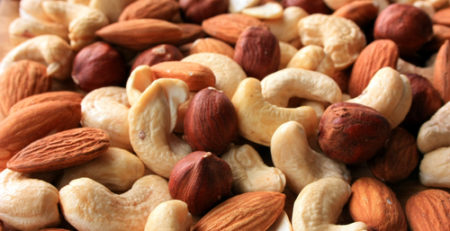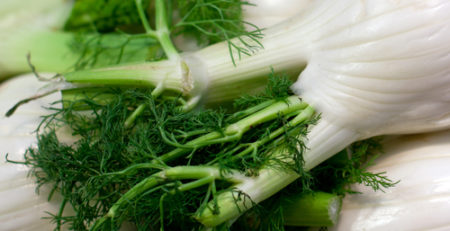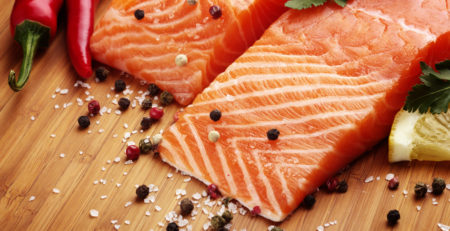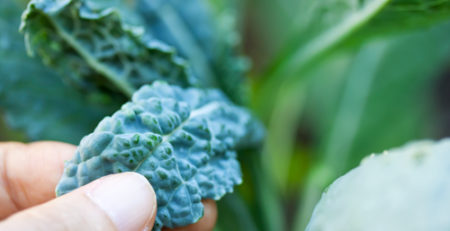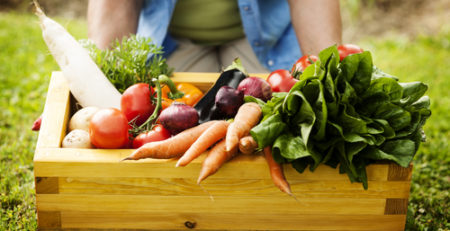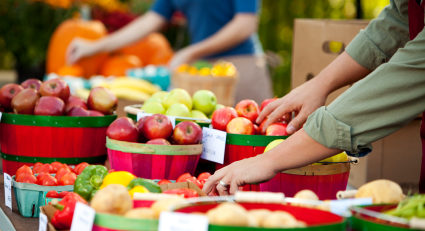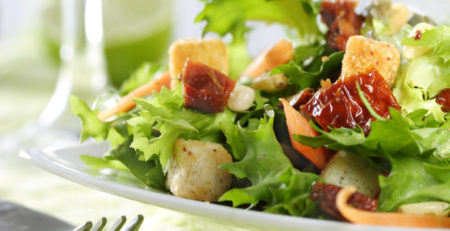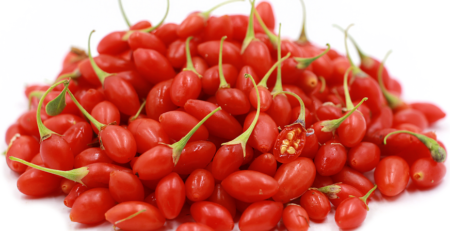Are Winemakers Sustainable?

You’d be forgiven for thinking that most wine sold is very much a processed product. But don’t make the mistake of putting all vinous treats under this umbrella, because it is perfectly possible to source wine that is made with more natural ethics in mind. There are a growing number of winemakers using sustainable methods to make their products, with an increasing awareness that this is a very important consideration for a lot of drinkers. However, it’s all very well saying ‘sustainable’ but if you’re a wine drinker with a conscience, you might want to know exactly what this means. So what terms should we be looking out for on wine labels?
Well, you’re probably familiar with ‘organic’ wine, but did you also know that there are many different legal definitions of organic wine, depending on where the grapes come from, and that they often refer only to the grapes used rather than the wine made? The grapes must be grown using no, or very little chemical intervention, but there are many winemakers out there who follow organic practices but chose not to be certified.
Another aspect of this more ecologically-minded wine movement that gets a lot of attention is biodynamic wine. This takes the organic way of thinking a bit further by treating the land used as a living thing that deserves respect and the best conditions possible in which to thrive. Although the philosophy is based on more spiritual thinking that advocates adding preparations to the soil that are influenced by lunar movements, is it very respected in the wine world. There are a growing number of world class winemakers that many argue make superior wines using biodynamic methods, and it, too, requires official certification.
There is also much talk about a ‘natural’ wine movement, in which some winemakers might not necessarily be classed as organic or biodynamic, but they ferment their wine using natural yeast present in the winery and strive to use minimal sulphur dioxide in the process (for preserving the wine and preventing the growth of bacteria). A sustainable winery is a broader term still and it refers to more general working practices rather than just focusing on the finished product. So, using compost, encouraging wildlife into the vineyard, saving money and reducing the carbon footprint are all important considerations.
So what’s the proof of its success? Well, Felton Road is widely considered to be the best wine estate in New Zealand and they have used biodynamic methods in their vineyards since 2000. For them, producing the very best wines they possibly can means showing a respect for the earth and having a positive impact on their land. On the other side of the world, Juan Antonio Poncé from Bodegas Poncé strives to make the best representation of his local Spanish Bobal grape variety by adhering to biodynamic practices. And in the traditional region of Beaujolais in France, the wines of Jean Paul Thevenet are made using the natural yeasts mentioned above and no sulphur dioxide. All these winemakers are not only successful in their sustainable approach, but are very much considered to be among the best in their field – proof that making wine in a natural and sustainable way benefits the land, the environment and the wine lover.


